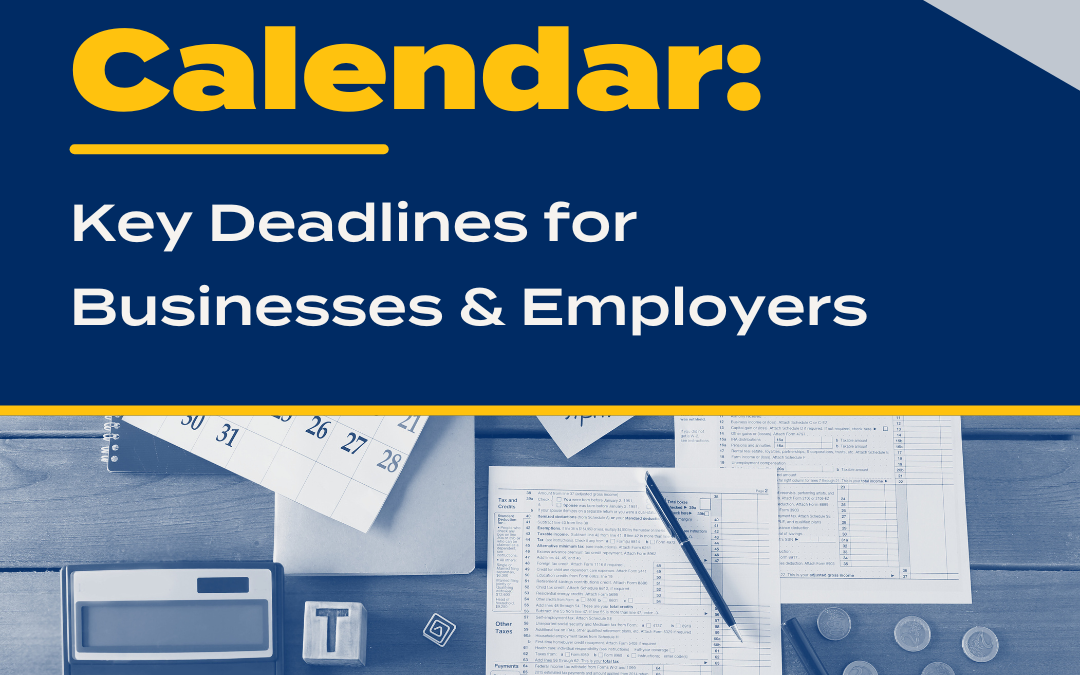The title “not-for-profit organization” can be somewhat deceiving and leads many to believe that these types of organizations are not allowed to make a profit. While not-for-profit organizations are prohibited from private inurement, this does not prohibit a not-for-profit organization from making a profit from their exempt purpose and activities.
Private Inurement?
The IRS rules state a section 501(c)(3) organization must not be organized or operated for the benefit of private interests, such as the creator or the creator’s family, shareholders of the organization, other designated individuals, or persons controlled directly or indirectly by such private interests. No part of the net earnings of a section 501(c)(3) organization may inure to the benefit of any private shareholder or individual. A private shareholder or individual is a person having a personal and private interest in the activities of the organization.
Paying reasonable compensation to employees of your organization is always allowed but private inurement is something your not-for-profit will want to avoid as this could jeopardize your not-for-profit status. There are several other reasons that could jeopardize an organization’s not-for-profit status that will not be covered in this article.
Operating Reserves Provide Short-Term Relief
One of the reasons why generation of profit is important to not-for-profit organizations is to set aside funds for an operating reserve. Operating reserves can serve a valuable role in helping organizations during times when income is reduced or withdrawn temporarily. The COVID-19 pandemic is a very recent scenario that taught us the importance of keeping an operating reserve. Overnight, many organizations experienced shutdowns of their programs that caused drastic declines in their income. The use of operating reserves gave short-term relief to many organizations allowing them to continue operating without implementing staff layoffs or drastic changes to their operations.
The amount of operating reserve to aim for can vary between organizations. A standard recommended amount is to cover 3 to 6 months of expenses. However, there are other factors that you may want to consider that could mean a larger reserve is needed. While not inclusive, here are a few scenarios your organization may want to consider:
- Grant funding – are there any substantial grants that your organization receives that may not be available in the near future due to legislation or federal and state budget changes?
- Significant donors – are there any significant donors that your organization regularly receives funds from and how long is that expected to continue?
- Contracts – are there any material contracts that your organization holds that may not be renewed that could result in declines in income?
- Future economic uncertainty – are there expected future economic events such as a recession or increased unemployment that may impact a donors ability to give funds to your organization or in circumstances where an organization provide services or goods, the ability of customers to purchase services or goods?
It is important that an organization establish an operating reserve policy to assist in building and maintaining an operating reserve. It is recommended that your policy addresses the following:
- The purpose of building and maintaining the reserves
- A calculation of the target amount
- The intended use of the reserves
- Who will have the authority over use of the reserves
- How the reserve account will be monitored
- A plan for replenishing the reserve balance.
If you have any questions regarding operating reserves, please contact your Hawkins Ash CPAs representative.





